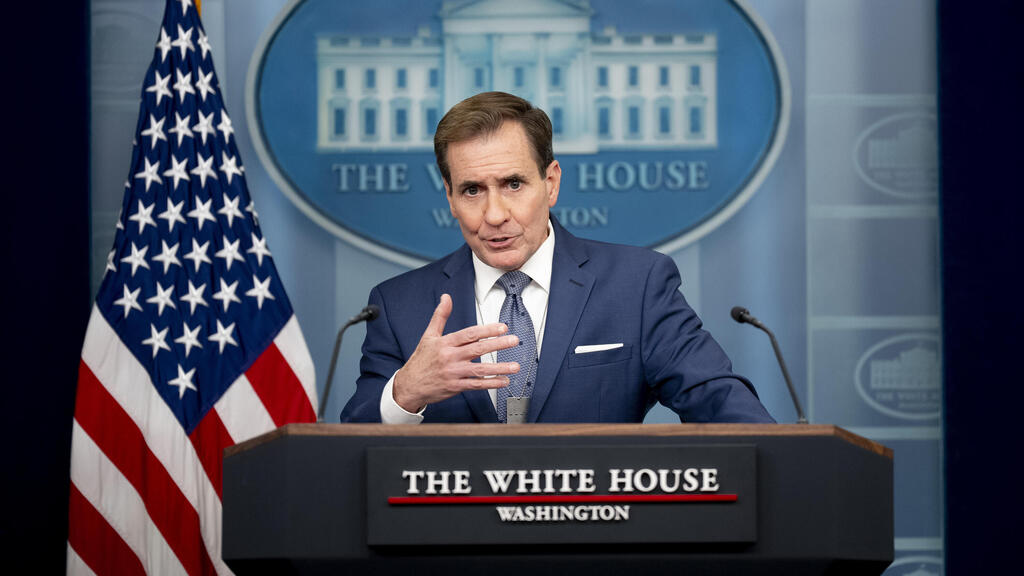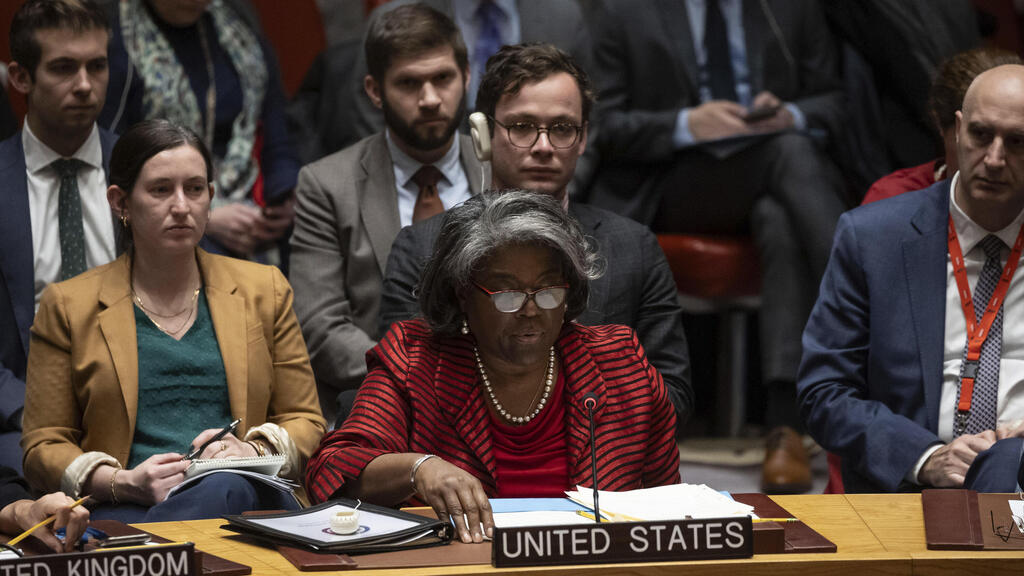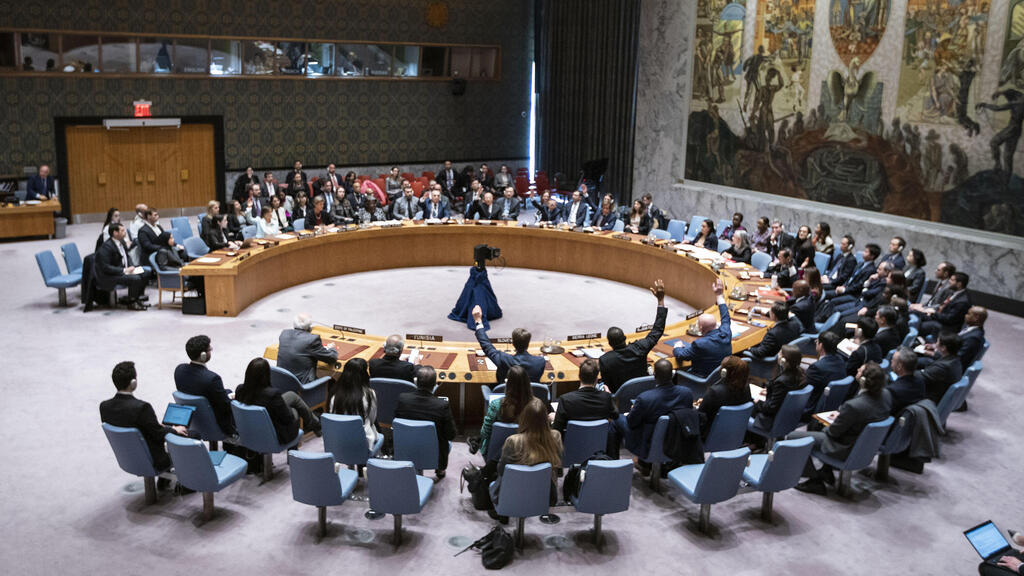White House national Security spokesperson John Kirby on Tuesday said an Israeli assault on Rafah could result in disaster if there was no plan in place to move the estimated 1.3 million civilians out of harms way.
Read more:
Speaking to reporters Kriby said the administration said as much to the Israeli leadership and the message would also be delivered by special American envoy Brett McGurk who is in the Middle East and expected to arrive in Israel later in the week.
Earlier the U.S. veto's a widely supported U.N. resolution demanding an immediate humanitarian cease-fire in the Israel-Hamas war in the embattled Gaza Strip, saying it would interfere with negotiations on a deal to free hostages abducted in Israel.
"We still don’t believe that this is the right time for a general ceasefire that leaves Hamas in control and alleviates any responsibility for them to release the hostages," Kirby said.
The vote in the 15-member Security Council was 13-1 with the United Kingdom abstaining, reflecting the strong support from countries around the globe for ending the war.
It was the third U.S. veto of a Security Council resolution demanding a cease-fire in Gaza and came a day after the United States circulated a rival resolution that would support a temporary cease-fire in Gaza linked to the release of all hostages and call for the lifting of all restrictions on the delivery of humanitarian aid.
Before the vote, Algeria’s U.N. Ambassador Amar Bendjama, the Arab representative on the council, said: “This resolution stands for truth and humanity standing against the advocates for murder and hatred.”
“A vote in favor of this draft resolution is a support to the Palestinians' right to life,” he said. “Conversely, voting against it implies an endorsement of the brutal violence and collective punishment inflicted against them.”
U.S. Ambassador Linda Thomas-Greenfield said the United States understands the council’s desire for urgent action but believes the resolution would “negatively impact” sensitive negotiations on a hostage deal and pause in fighting for at least six weeks. If that happens, “we can take the time to build a more enduring peace,” she said.





